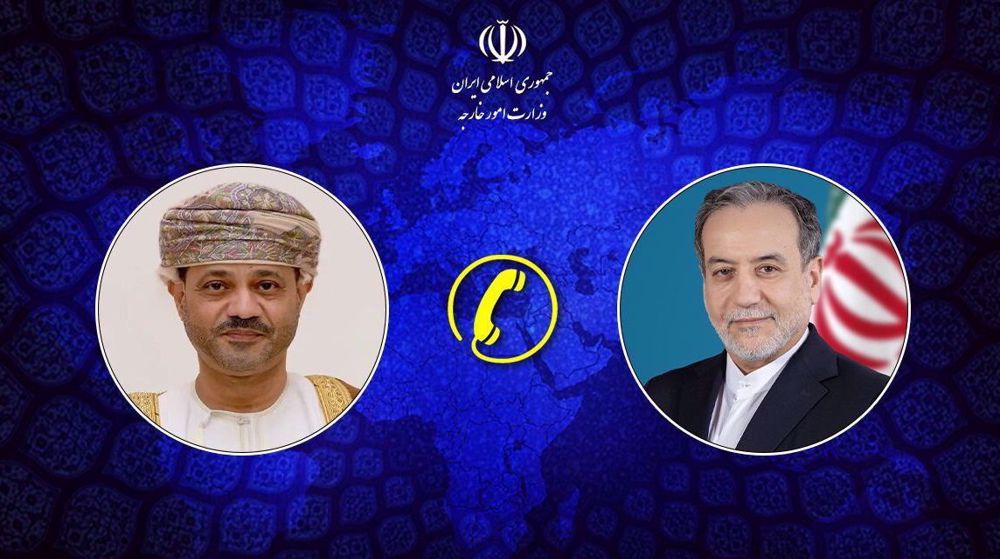Neuroscience of terrorism: Inside the mind of a Takfiri terrorist
Imagine you are contacted by a recruiter and have been asked to go get an explosive belt from their agents. Then you are instructed to go to one of the most crowded places near you and kill as many people as you can before you detonate your vest. Yes while you are still wearing it.
Probably you cannot imagine that. Or you may be thinking what kind of psychological illness you should have to be able to even picture such a scene. But at the moment, there are quite a large number of people around the world who are following such instructions. What can make a sane human being be able to commit mass murder? What is the voice inside their heads when they are about to kill themselves on their own volition for the cause of a group or organization? Almost none of these people suffer from any form of acute or chronic mental illnesses. They are not intrinsically deranged or psychotic. So how do they do evil? What’s going on in their brains that can hush their instinctive urge not harm themselves or others?
Lieutenant General Robert E. Schmidle, from the US Marine Corps, who was part of a study on the cognitive and social underpinnings of Daesh, argues that Takfiri terrorists are not abnormal – in the sense that they are suffering from any specific kind of malady – as they are actually behaving in accordance with the norms of rationality within their own organization. “What we classify as evil is influenced by the local moral order or culture in which we live. It has been said before and remains historically valid that what one culture calls a terrorist another culture calls a freedom fighter.”
In only the past few weeks, terrorists – most of them followers of Daesh Takfiris -- killed hundreds of civilians around the world. As the group is losing land in the territories under its control, the Takfiris are becoming a sophisticated stateless terrorist institution. This is because they recruit locally. But how?
Most of the recruits join terrorist groups because they feel frustrated, estranged or disenfranchised, or believe they are the victim of some sort of injustice.
Political psychologist John Horgan, who is a professor of global studies and psychology at Georgia State University and has written a number of books on terrorism, says scientists have been trying for over 50 years to understand the defining characteristics of a terrorist mind; the continuous ebb and flow of chemical and cultural influences that make a terrorist.
Psychologist Steve Taylor, a senior lecturer at Leeds Beckett University, believes that adolescent boys are more prone to recruitment and radicalization because at this age they are looking for a sense of purpose and belonging.
Us versus them
Once the young recruits feel they are part of a family, the leaders start developing the us-versus-them mentality that will enable them to turn off or hold back their empathy for the victims of the group’s terrorist operations. This also help the recruiters make perfect operatives because the new members are less likely to form independent opinions as an individual and more likely to support the group’s decisions or actions. The groupthink will even further their radicalization.
Social psychologist Clark Richard McCauley, the director of the Solomon Asch Center for Study of Ethnopolitical Conflict at Bryn Mawr College, notes that stripping recruits of individuality will make them place the goals of the group first, and points out that this is a strategy used by modern militaries. This way, even a member who disagrees with a group’s decision will remain silent for the fear of consequences of voicing dissent, and won’t be able to leave the group either because such groups have no sympathy for deserters.
Despite the Islamophobic propaganda abounding in the Western mainstream media, it is too facile to blame the ideology of the group since the Takfiri faith that Daesh uses to justify their killings has nothing to do with any religion, let alone Islam. However, young converts to Islam are more vulnerable to radicalization because they lack a deeper knowledge and understanding of the religion that can help them reject extremist arguments.
According to Max Abrams, a professor of political science at Northeastern University, members of groups like Daesh are “ignorant people with respect to religion and are generally the newest members to the religion.”
Now it’s on us to try to understand the source of agony that drives the youth to the path of terrorism and not to simply call terrorists evil. As philosopher Alain de Botton says, to be mature is to learn to imagine the zone of pain in others in spite of the lack of much available evidence. People may not look as if they are going through a psychological ailment but “we need to imagine the turmoil, disappointment, worry, and sadness beneath an aggressive surface.”
Israel plans to seize Palestinian-owned land in occupied East al-Quds
VIDEO | Displacement in Al-Ouja: A broader push to reshape the occupied West Bank
World Economic Forum revokes Iran FM’s invitation 'under US-Israeli pressure'
VIDEO | The West’s blueprint for modern leadership change war
Iran resolved to protect its independence, security against foreign intervention: FM
Heads of govt. branches vow to resolve economic woes, ensure public security
Several killed as explosion rips through Kabul's high-security district
Trump says 'feels no obligation' to pursue peace after Nobel Prize snub










 This makes it easy to access the Press TV website
This makes it easy to access the Press TV website